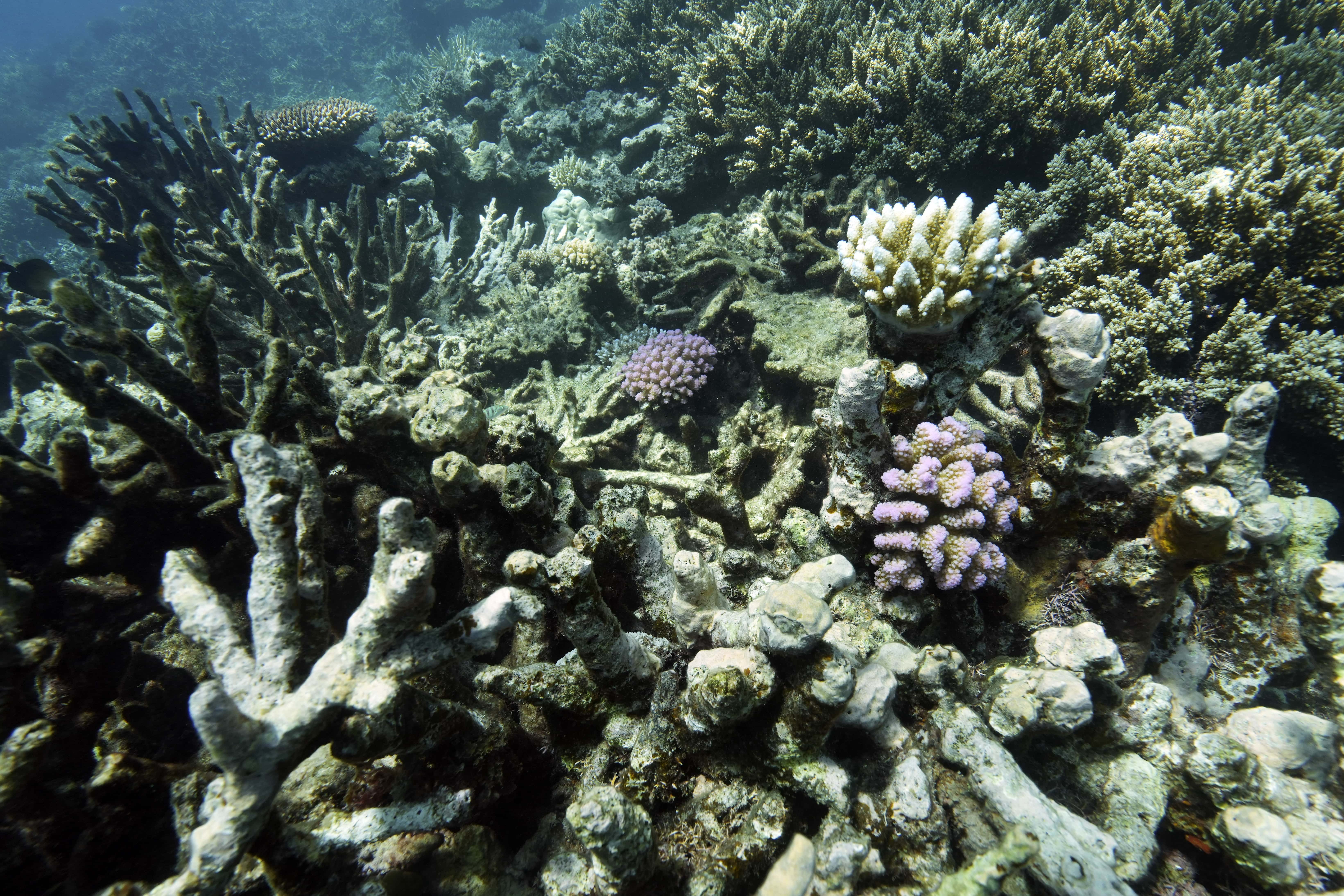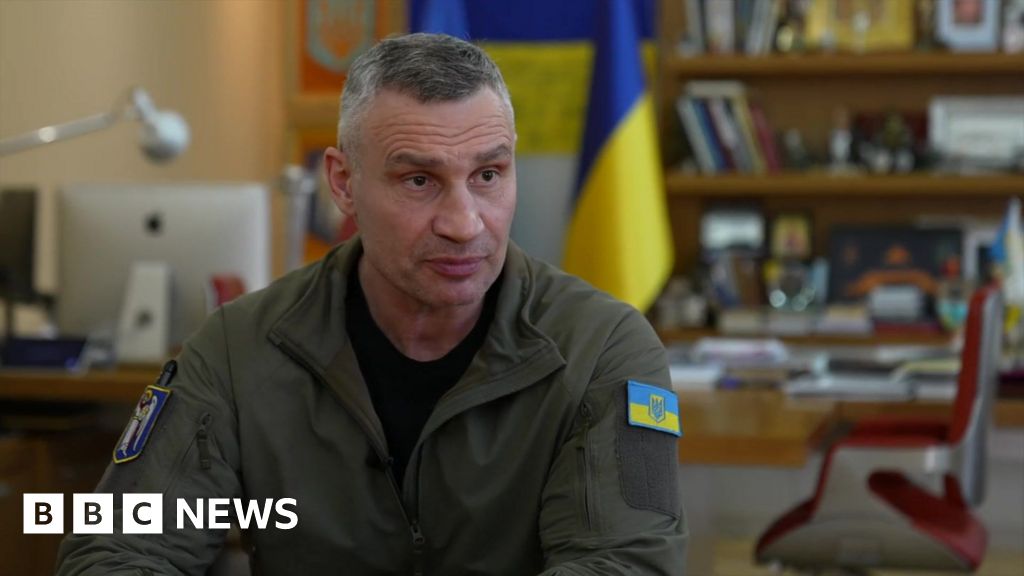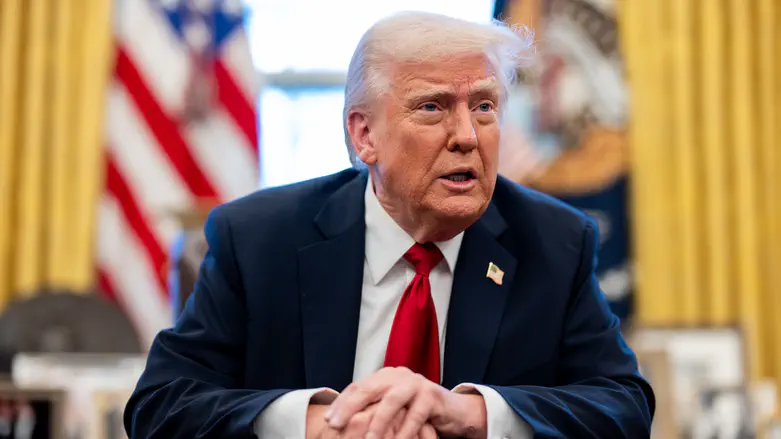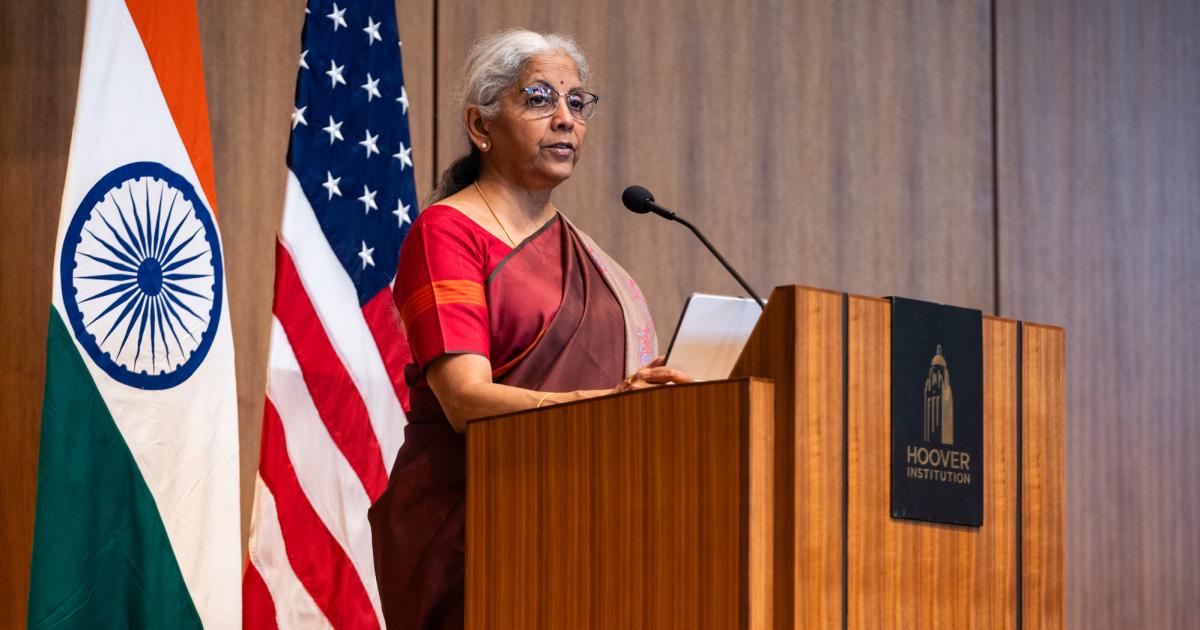Trump's Executive Order on Deep-Sea Mining Sparks Controversy

In a bold move aimed at establishing the United States as a leader in the emerging field of deep-sea mining, President Donald Trump signed an executive order that seeks to expedite applications for seabed mining operations. This initiative, announced on Thursday, emphasizes the necessity of developing a robust domestic supply chain for critical minerals harvested from the ocean floor. According to the executive order, this endeavor is not merely an economic strategy but a national security imperative designed to counter China's growing influence in the realm of mineral resources.
The executive order articulates that, Our Nation must take immediate action to accelerate the responsible development of seabed mineral resources. This includes a commitment to assess the nations endowment of seabed minerals and enhance American leadership in the extraction and processing technologies associated with these resources. Furthermore, the initiative aims to ensure secure supply chains vital for the defense, infrastructure, and energy sectors of the U.S.
Mining companies have increasingly shown enthusiasm for tapping into the ocean floor to extract valuable minerals such as cobalt, manganese, and nickel. These materials are essential for the production of batteries used in cellphones and electric vehicles. However, environmental scientists caution that deep-sea mining could irrevocably damage marine ecosystems, including the destruction of rare and unstudied marine species, and potentially lead to the contamination of fisheries that many Pacific communities depend on for sustenance.
The executive order has been presented as a means to stimulate an industry that has already seen momentum from small Pacific nations like Nauru, which are eager to leverage their underwater resources for economic advancement. Yet, this push for deep-sea mining has ignited fierce resistance from Indigenous communities, who worry about the long-term implications of such extraction activities. Solomon Kahoohalahala, a Native Hawaiian and activist at the United Nations, expressed his concerns while attending the United Nations Permanent Forum on Indigenous Issues in New York City. He criticized the order's language, which he believes underscores a desire for U.S. dominance, drawing parallels to another recent executive order that opened the Pacific Islands Heritage Marine National Monument to commercial fishing.
This extraction has no thought in mind about caring for resources, Kahoohalahala stated. He emphasized that the executive order lacks a long-term vision for sustainable resource management, which he believes is crucial for future generations. As an Indigenous person, he feels a deep responsibility to protect these resources, contrasting sharply with the governments apparent focus on immediate economic gains.
The executive order specifically mandates that the Department of Commerce and the Department of the Interior create a streamlined process for approving seabed mining applications within a 60-day timeframe. This directive comes at a time when mining companies are actively seeking to apply for permits through these federal agencies.
Recently, the Canada-based Metals Company announced its intention to file an application with the National Oceanic and Atmospheric Administration (NOAA), part of the U.S. Department of Commerce, to begin mining operations in international waters under the 1980 Deep Seabed Hard Mineral Resources Act. Similarly, the Impossible Metals company disclosed that it had submitted an application to the Bureau of Ocean Energy Management, which operates under the U.S. Department of the Interior, for leasing a portion of the seabed near American Samoa, leveraging the framework provided by the 1953 Outer Continental Shelf Lands Act.
Both companies have shifted their focus towards U.S. regulatory avenues for commercial mining after experiencing frustrations with delays from the United Nations International Seabed Authority, which is currently engaged in a lengthy process to establish regulations governing the nascent industry. Over the years, these mining enterprises have interacted with various stakeholders, including environmental groups and Indigenous advocates like Kahoohalahala, to provide insights on potential rules.
Moreover, Trumps executive order instructs federal agencies to compile a report detailing opportunities for deep-sea mining both within U.S. jurisdiction and in international waters. It also calls for a comprehensive plan to identify priority areas for mineral extraction on the seabed. Among the directives is a request for a report evaluating the feasibility of an international benefit-sharing mechanism for mineral resource extraction and development in international waters.
However, the Metals Companys recent announcement to circumvent the United Nations process in favor of U.S. approval has faced significant backlash from U.N. member states and environmental organizations. The Center for Biological Diversity, an environmental nonprofit, issued a statement condemning the executive order, claiming that it contradicts global efforts to establish binding regulations that prioritize environmental protection.
Emily Jeffers, a senior attorney at the Center for Biological Diversity, articulated her concerns, stating, The deep ocean belongs to everyone, and protecting it is humanitys global duty. The seafloor environment is not a platform for America First extraction.




























